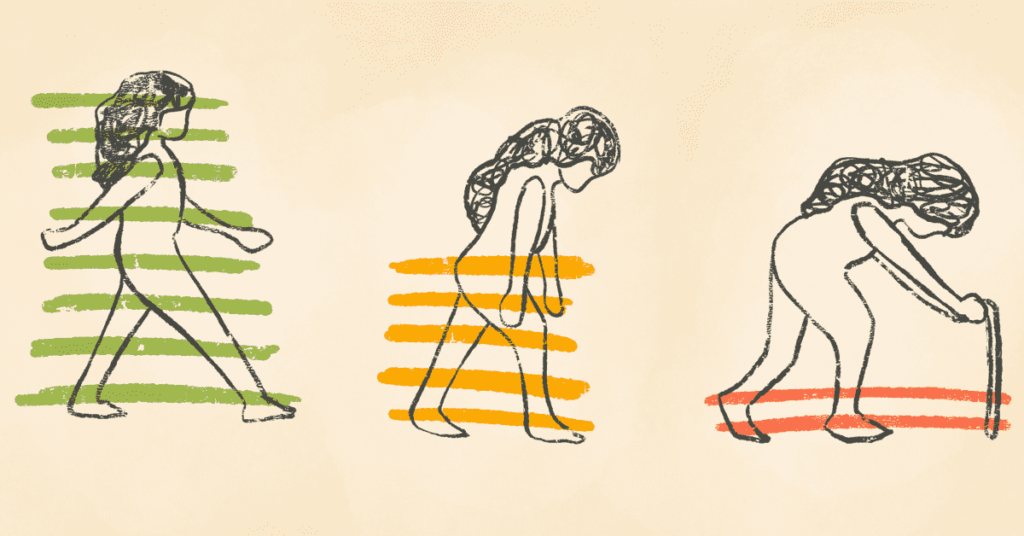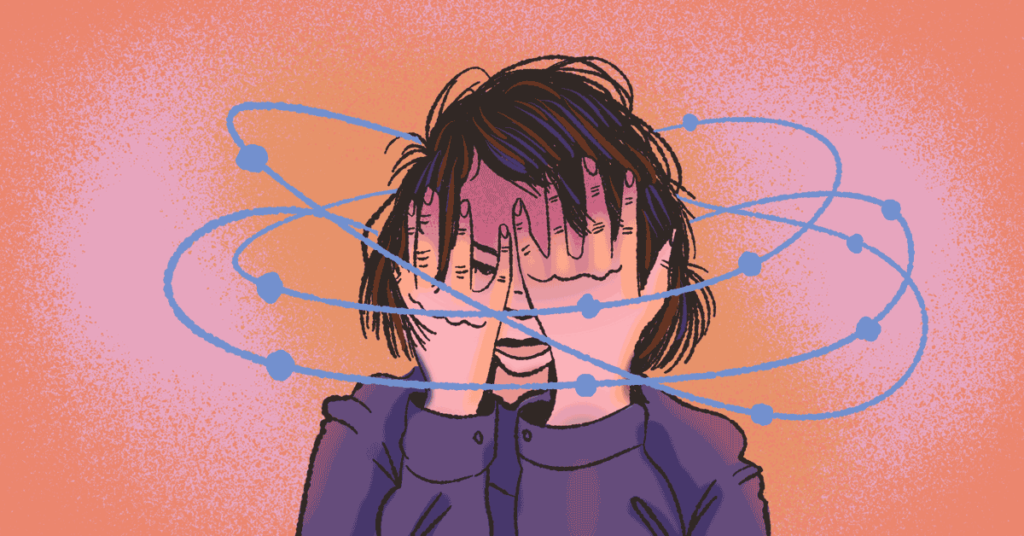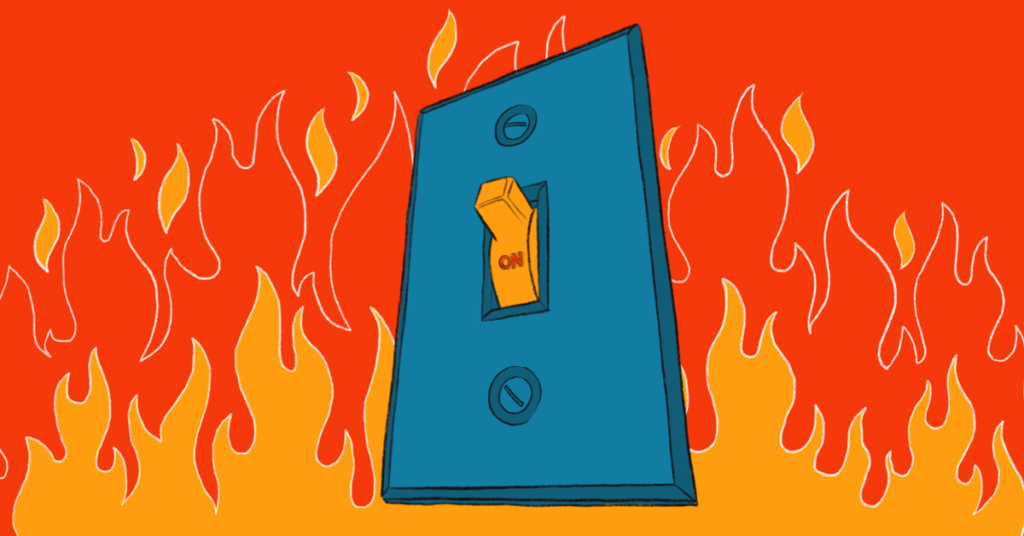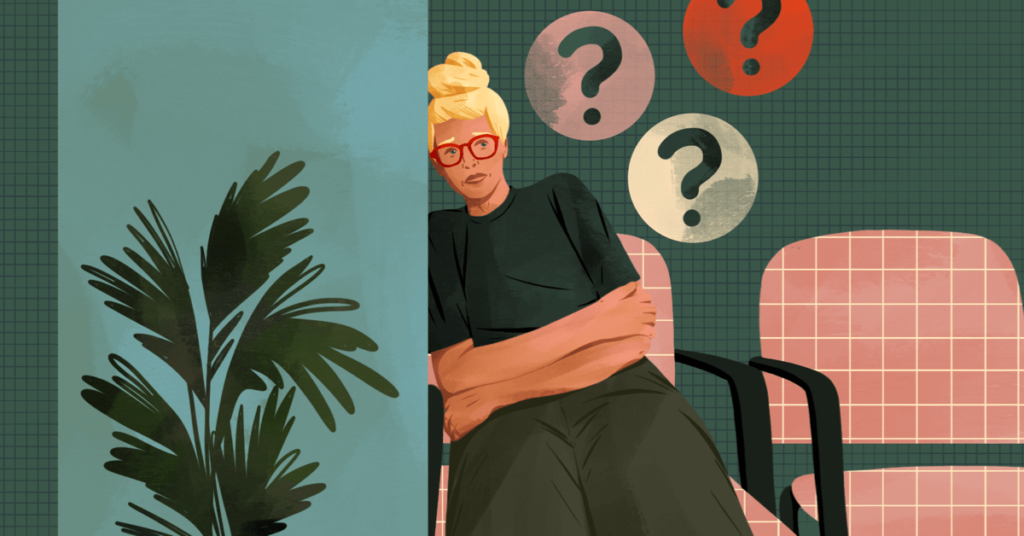Unless they live with it, most people do not understand what multiple sclerosis (MS) is and how it can affect the lives of those who do live with it. And, often, they do not know what it is like to experience the fatigue that is a big part of MS.
To learn more about how fatigue affects people with MS, we started a conversation on the MultipleSclerosis.net Facebook page. We asked, “What is the one thing you wish people understood about MS fatigue?”
The topic saw a huge response – more than 1,300 people commented. Here is some of what they shared.
Getting more sleep does not “fix” fatigue
The number one issue that members of the MS community mentioned was that MS fatigue does not go away with more sleep. Many people with MS are sick of hearing that they should push through their tiredness or that a nap will cure it.
This type of full-body exhaustion is hard for others to understand. No matter how many times it is explained, they may never get it. The good news is that this community is full of people who know exactly what you are dealing with.
“MS is not just being tired. Getting enough sleep does not help.”
“It is not sleepiness. It is bone-dead tiredness. It is where you are so tired you shake. It is almost impossible to get moving. I absolutely abhor people who ask, ‘Why do you not get more sleep?’”
“Every cell in my body is more tired than you have ever been in your entire life.”
The exhaustion is also mental
MS fatigue affects more than just the body. It can leave your brain tired, too. In a way, this can be even more frustrating than physical exhaustion. Feeling too tired to think clearly means people with MS must practice ongoing patience and acceptance.
“It is overwhelming, and it is not just your body that is tired. It is also your brain.”
“It is physical and mental exhaustion that cannot be relieved with sleep or a nap.”
It is so unpredictable
Another huge challenge is that fatigue often shows up with no warning. This makes it especially hard to make plans for work or for fun. Not knowing how they will feel moment to moment can be annoying and frustrating for many people living with MS. The unpredictability may mean rescheduling often. It also leads to discovering who in your life is able to compromise and accept that you will often need to change plans.
“We have no control over it. One minute we are doing great, and then the next minute, total exhaustion sets in.”
“It can come on suddenly and wipe me out so quickly that even lifting my arms to eat seems like a lot of work.”
All that tiredness and missing out is depressing
When someone feels tired often, it can be hard to say yes to social plans and other self-care activities. They may break plans or never make them in the first place. All of that saying “no” can make them feel lonely and sad to be missing out.
Learning to live with MS means finding a balance. Maybe saying “yes” to a party across town is too much, but inviting the party host over for coffee the next day feels manageable. It is worth it to try and find a way to keep social events and fun activities in your life.
“That it can cause an unrelenting depression and sense of missing out.”
“That it is devastating enough to impact your life in the most important ways.”
“How miserable it is and how it influences every decision you make.”
MS symptoms do not result from a choice, laziness, or old age
For some reason, people often dismiss MS symptoms. When someone with MS talks about fatigue, some people may be quick to think they are lazy. Others may wrongly assume that they have a choice about how they feel. Still others may think their MS symptoms are merely part of “old age.”
Unsolicited advice, comments, and criticisms can be hurtful. Many members of the MS community would find it helpful if more people understood that MS is a real disease with real consequences.
“It is not my fault.”
“I am NOT lazy! I am exhausted.”
“When I say I am tired or hurting, they would understand, instead of saying that I ‘get that way.’ They also will tell me that it is just old age.”










